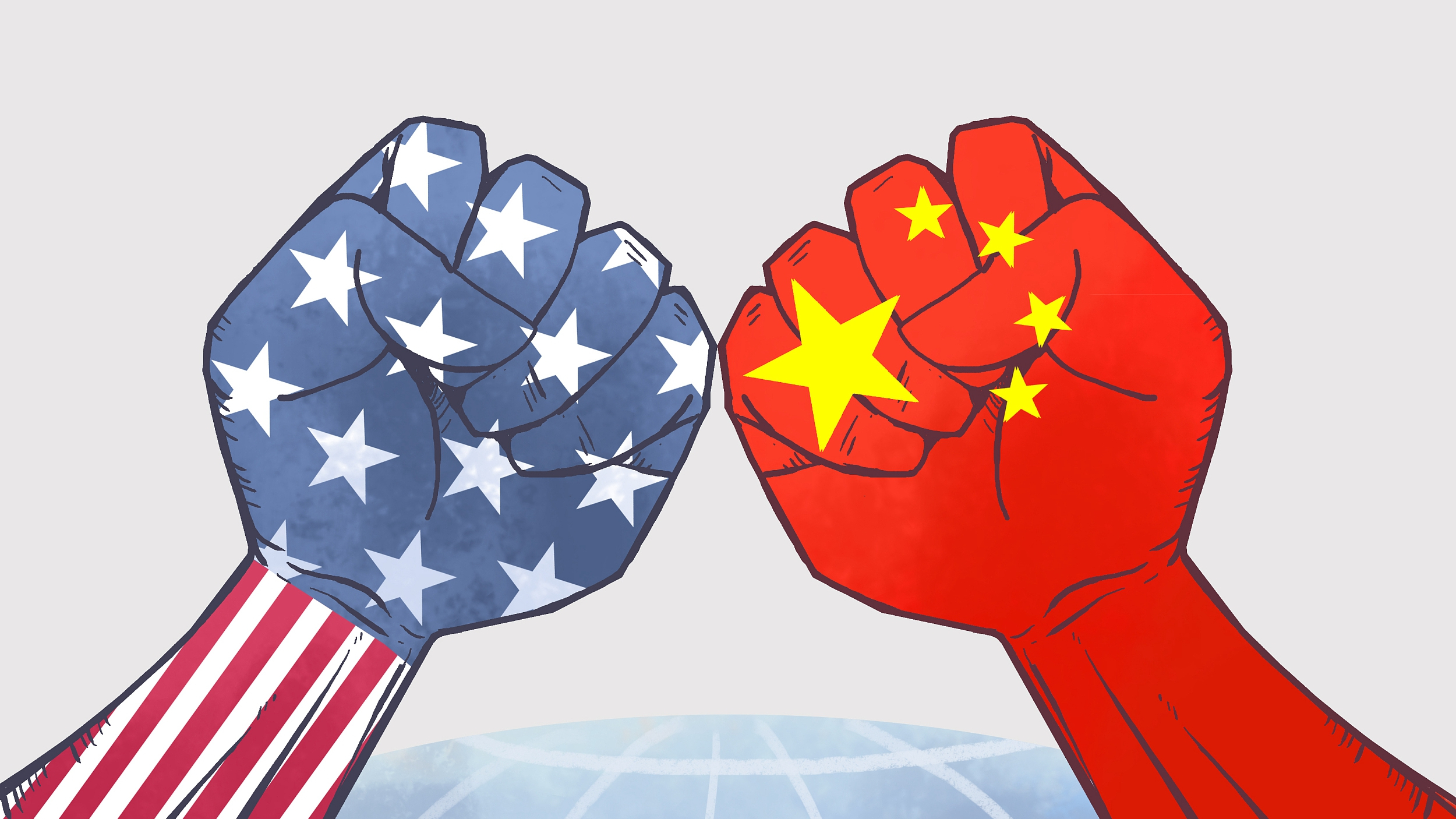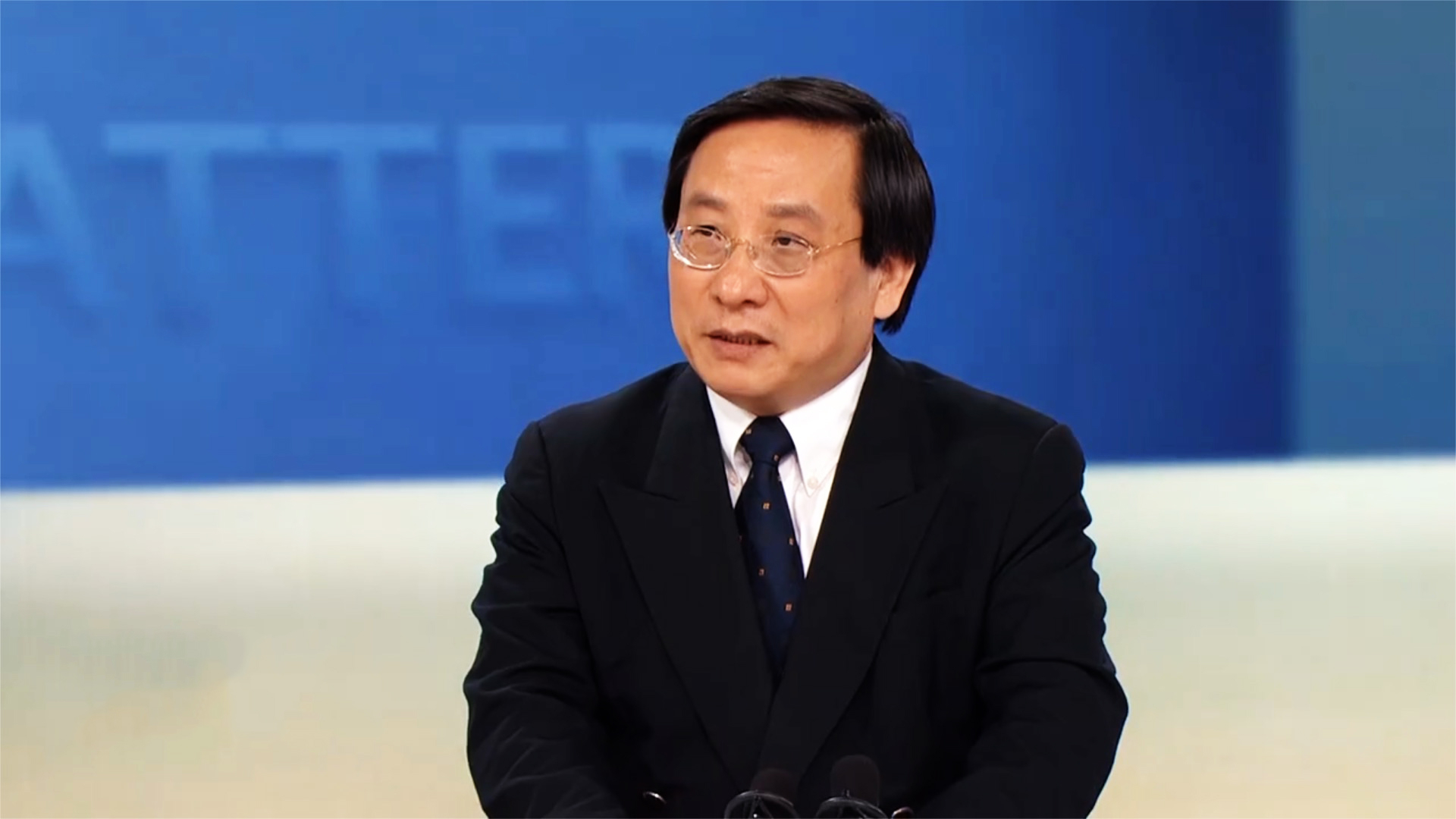

The latest U.S. arm sales to Taiwan have severely infringed on the 'one-China' principle and the three China-U.S. Joint Communiques, especially the August 17 Communique signed in 1982, which states that “(U.S.) arms sales to Taiwan will not exceed, either in qualitative or in quantitative terms, the level of those supplied in recent years since the establishment of diplomatic relations between China and the United States, and that it intends to reduce gradually its sales of arms to Taiwan, leading over a period of time to a final resolution."
On August 21, the U.S. Department of Defense notified the Congress of its plan to sell to Taiwan 66 F-16 fighter jets and relevant equipment worth about 8 billion U.S. dollars, one of the largest since the founding of the People’s Republic of China in 1949.
“Definitely this is a major blow to China-U.S. relations. This is one of the most serious if not the most serious violation of the three Joint Communiques between China and the U.S. and demonstrates not only the large size of sales, but also the significant improvement of the quality of weapons to be sold to Taiwan,” said Victor Gao Zhikai, vice president of the Center for China and Globalization, on how the arms sales will undermine bilateral relations.
In a response to the arms sales, Beijing has urged the U.S. to stop that action, and to end military contact with Taiwan, and vows to impose sanctions on U.S.companies involved in the sale as part of necessary measures to safeguard its national interests and sovereignty.

“From Chinese government perspective, of course this will not be tolerated. This should be condemned and China has made serious representations to the U.S. government and urged them to stop the sales,” Gao added.
In recent years, the White House has consistently approved arms sales to Taiwan, such as one worth of over 1.4 billion U.S. dollars in June 2017, and one worth 330 million dollars in September 2018. In April, Washington approved a 500-million-dollar F-16 fighter jet training program and logistics support in the U.S. state of Arizona for Taipei.
Then in July, the U.S. approved the sale of M1A2T Abrams tanks, Stinger missiles and related equipment to Taiwan, at an estimated value of 2.2 billion U.S. dollars. The Abrams is the main battle tank used by the U.S. Army and Marine Corps, and the missiles can be fired by a soldier, from a ground vehicle or an aircraft.
“[Although] there are people in Taiwan who believe that these sophisticated and more lethal U.S.-made weapons to Taiwan will be helpful, more people in Taiwan believe that this will further string relations between the Chinese mainland and Taiwan. And this will make tensions more serious. Eventually, it will make peaceful unification unlikely and will increase the danger of conflicts across the Taiwan Strait, ” said Gao.
However, such arms sales will in no way weaken the determination of the Chinese government and its people to eventually unify the country, according to Gao.
(If you want to contribute and have specific expertise, please contact us at opinions@cgtn.com)

Copyright © 2018 CGTN. Beijing ICP prepared NO.16065310-3
Copyright © 2018 CGTN. Beijing ICP prepared NO.16065310-3